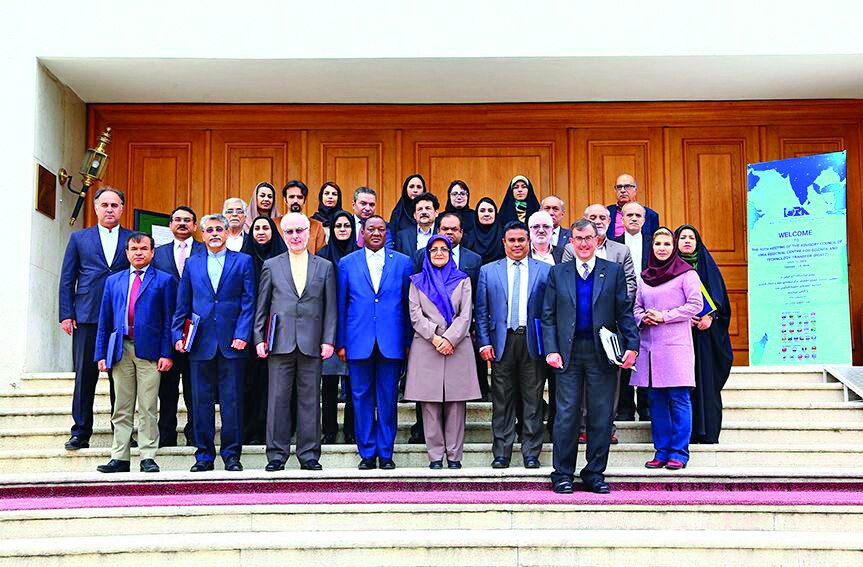Tehran hosts Meeting of IORA RCSTT Advisory Council

TEHRAN – The 11th Meeting of the Advisory Council of the Indian Ocean Rim Association (IORA) Regional Centre for Science and Technology Transfer (RCSTT) was held on October 23 in Tehran.
This meeting was held with the presence of the ambassadors of the member countries of the Union and the member countries such as Australia, Bangladesh, Sri Lanka, Thailand, India, South Africa, Indonesia, Malaysia, Turkey, and Russia.
Deputy science minister Hassan Zamaniyan said that science, research, and technology are the most important ways to achieve peace, prosperity, and security among the nations.
The Indian Ocean Rim Association is an inter-governmental organization that was established on March 7, 1997.He also suggested holding a meeting of the ministers of the science of the member countries of the Union in Iran, holding a workshop on methods of controlling sand and dust storms among the member countries hosted by Iran, holding a workshop to familiarize with the earthquake prediction satellite in Iran, the establishment of the network of science and technology parks of the member states centered in Iran and the establishment of the laboratory network in Iran.
The Indian Ocean Rim Association is an inter-governmental organization that was established on March 7, 1997. The vision for IORA originated during a visit by the late President Nelson Mandela of South Africa to India in 1995, where he said “the natural urge of the facts of history and geography should broaden itself to include the concept of an Indian Ocean Rim for socio-economic co-operation”.
The IORA Regional Centre for Science and Technology Transfer (IORA RCSTT, formerly IOR-ARC RCSTT) was established on October 28, 2008, pursuant to the recommendation of the Academic Group of the Indian Ocean Rim Association (IORA), approved in the 7th meeting of the IORA Council of Ministers, held in March 2007 in Tehran.
Science diplomacy
Despite U.S. sanctions, the international activities of Iranian scientists have increased year by year, so that more than 35 percent of Iranian articles in Scopus have been multi-national projects, the deputy science minister, Peyman Salehi, has said.
Science diplomacy is the use of scientific collaborations among nations to address common problems and build constructive international partnerships.
In 2021, Iranian scientists published more than 77,000 scientific articles in the Scopus database, ranking 15th worldwide.
The country also ranked 15th and 16th in the world in terms of scientific references.
FB/MG
